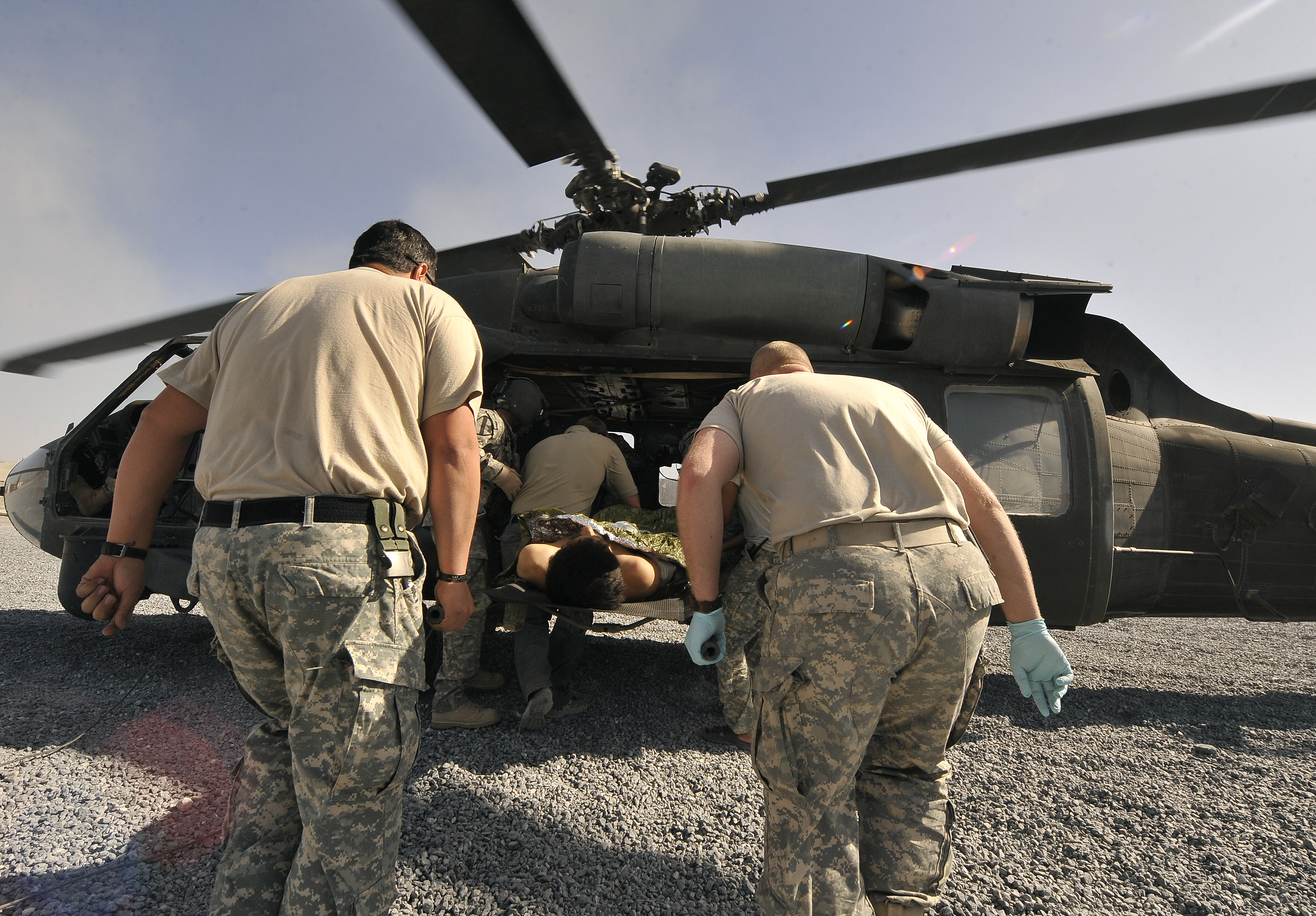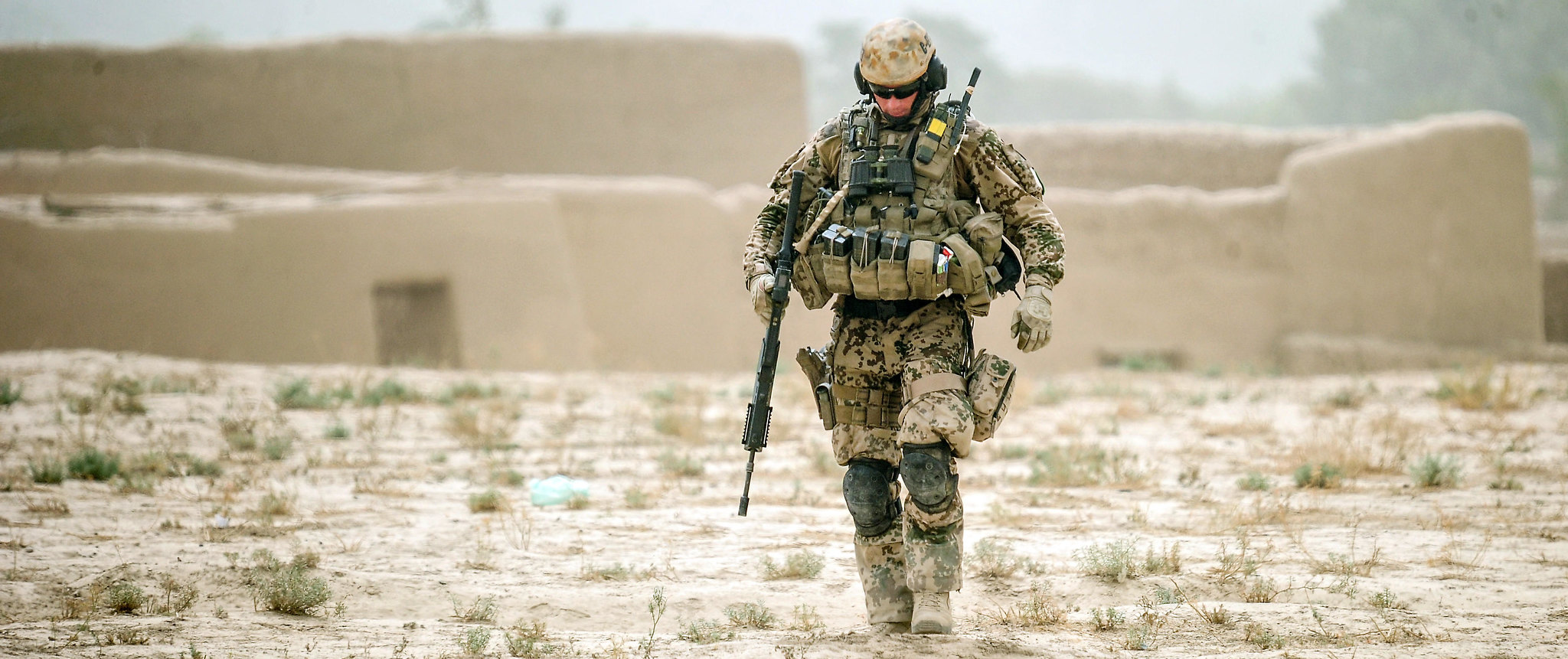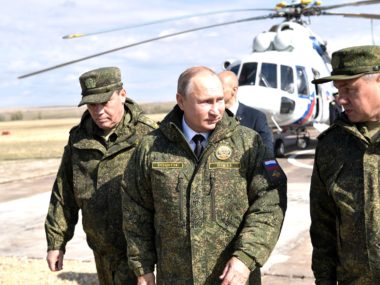
Back in 2012 I contributed a post here that was a list of anti-war fiction and invited readers to contribute to the list. I recently finished reading a novel that contains a passage that stands out to me as nicely capturing a universal microcosm of political violence that is best captured in fiction.
Speaking to a youth, who was a fighter for a militia, the protagonist, a civilian, says:
“But why are you hell-bent on dying? If you went home and they did the same, there wouldn’t be any war. Why don’t you just let it be brother?” …
Whenever [he] talks about the war now, he recalls the image of the… youth darting across the street: how his body came airborne, with blood spurting everywhere, his limbs jerking and twitching, like a rooster in a cockfight; how the blood streamed down his face and dripped onto the pavement; how his head dangled and his right shoulder slumped; how his rifle tumbled from his hand to the ground; how he continued to twitch, and his head hung lower and lower, as if he were looking for a coin that had rolled away; and then, the final spasm.[2]
Where did the youth lose his life? Medellin, Colombia? Derry, Northern Ireland? Ayacucho, Peru? Isabella, Philippines? Groznyy, Russia? Bilbao, Spain? Mogadishu, Somalia? Johannesburg, South Africa? Da Nang, South Vietnam? Jaffna, Sri Lanka? Van, Turkey? It doesn’t matter, does it?
@WilHMoo
[1] The anti-war slogan “Suppose they gave a War and Nobody Came” was the title of a 1966 essay by Charlotte Keys, the mother of an activist son was imprisoned for refusing to serve after being drafted, that was published in McCall’s magazine. The 1970 comedy “Suppose They Gave a War and Nobody Came” was a cinematic depiction of the tension between the World War II generation and the anti-war movement of the 1960s in the US. [2] The passage is from Elias Khoury’s 1981 book Al-Wujub al-bayda (Beirut: dar al-Adab), White Masks, translated by Maia Tabet (Brooklyn: Archipelago Books, 2010), p. 102. The scene is set in Beiruit, Lebanon during the mid to late 1970s. You can find reviews in English here, here, here, and here.




